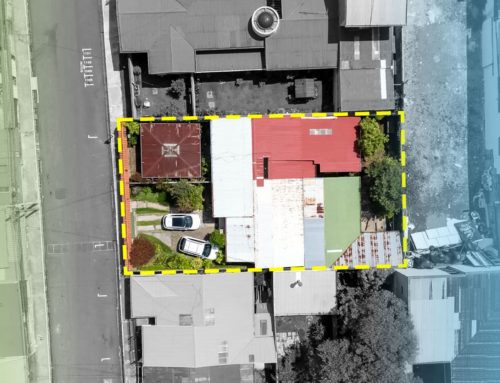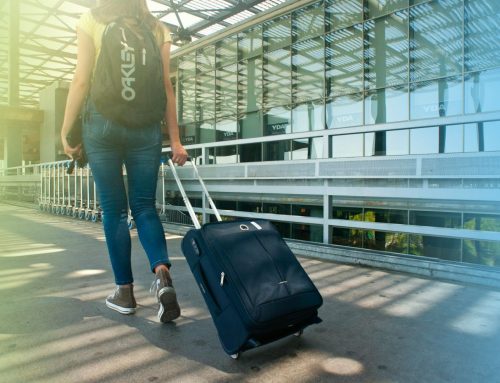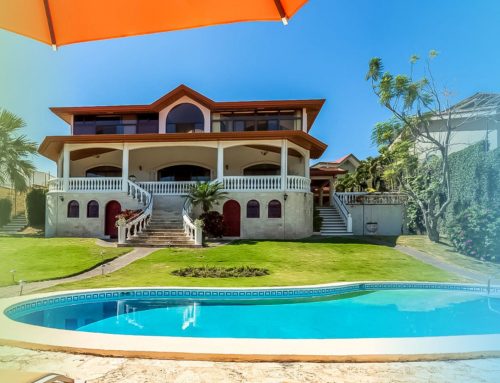In the world of real estate, advisors are dealing with different types of clients on a daily basis, some are looking to sell or rent their properties while others are looking to buy or rent, each one from an endless number of professions and employment possibilities. For this reason, it will be easier for each Nativu advisor to charge for their services if they know a list of products or services that pay a differentiated Impuesto del Valor Agregado (VAT) or that are exempt from it.
What is value-added tax (VAT)?
The Impuesto al Valor Agregado (IVA) VAT in English, is an indirect tax on consumption, which means that when a person (customer) purchases a good or service, he is paying this tax at a general rate of 13%. But there are also products or services that contain a differentiated rate since it is reduced from 13% to 4%, 2% or 1%. Taxpayers of the value added tax are individuals, legal entities, public or private companies that carry out activities that imply the arrangement on their own account of production factors, material and human, with the purpose of intervening in the production, distribution, or commercialization. For example, real estate consulting services.
It is very important that the advisors know about the tax legislation, in order to give the best advice to the clients, either owners or buyers. Also to avoid any future mistakes when the payment will be transmitted. Therefore, it is important that the advisors handle this information in the most transparent way with the clients.
VAT collection rates
Since July 2020, the Ley de Fortalecimiento de las Finanzas Públicas (Law for the Strengthening of Public Finances) went into effect. This law registered a 1% tax on the BFB, as part of the VAT collection. From that moment on, 177 products pay this percentage. These were selected based on an analysis of consumption by lower income families. The 177 products are divided into 16 groups. If at any time any person who distributes or harvests any product belonging to the bfb requires the services of a real estate consultant, they will have to apply the differentiated VAT percentage to charge for their work.
- Other goods and services that have a 1% rate
Agricultural inputs for agricultural producers registered with the Ministerio de Agricultura – MAG (Ministry of Agriculture). Inputs for the production of products that make up the basic food basket.
Goods and services with a 2% rate
- Medicines and their raw materials (the latter through an application in Exonet).
- The purchase and sale of goods and services of public universities.
- Formal private education services, including tutoring.
- Personal insurance.
Goods and services with 4% rate
- Private health services (with automatic refund for the payment of cards).
- Air tickets (over 10% of their value).
Code EXONET
EXONET is an Electronic Information System for the management and processing of tax exemption applications. As well as other procedures related to these, they should be made before the Departamento de Gestión de Exenciones de la División de Incentivos Fiscales de la Dirección General de Hacienda del Ministerio de Hacienda (Department of Exemption Management of the Tax Incentives Division of the General Directorate of Finance of the Ministry of Finance).
The real estate consultants may request a code from the persons registered in the “EXONET” system to be applied at the time of invoicing to validate the 13% exoneration. They will enter the exemption number and identification number of the exempted person in the electronic invoice that corroborates them against Exonet. Nativu should not be registered in EXONET, since it is only for those who have the benefit.
All procedures related to the Ministerio de Hacienda (Ministry of Finance) and tax matters should be filled in Spanish, so if you have any doubt, do not hesitate to contact any of our Nativu Advisors.
In a future property transaction, each advisor will be able to review the exempt list, as well as the list of services and products that are located in each VAT rate, this will facilitate the process. Each client must provide the information to the advisor to apply the differentiated VAT, the client is responsible for communicating it to the advisor.








